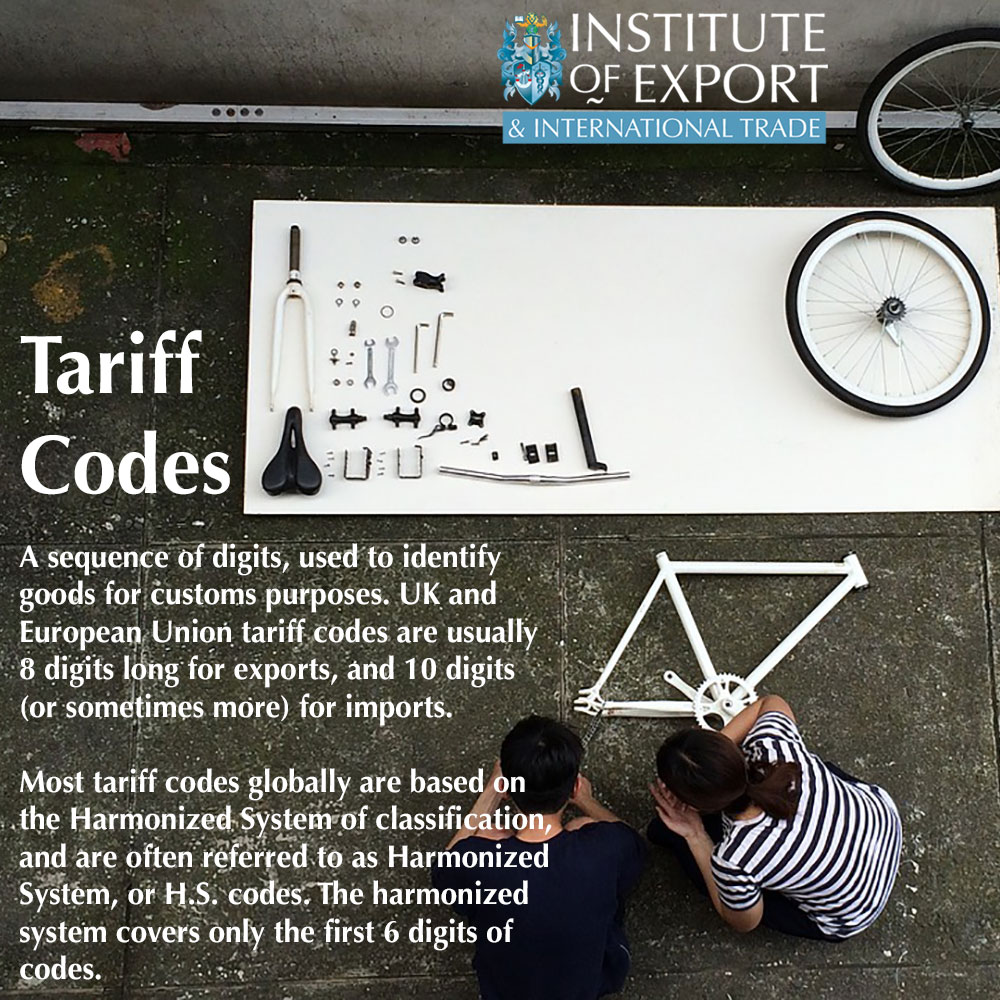
The government has announced changes to its temporary tariff schedule in preparation for a ‘No Deal Brexit’.
The Department for International Trade has told the media that these changes will help to keep prices down for consumers in a post Brexit Britain.
The government has said that 88% of total imports will be eligible for tariff-free access to the UK market and it will monitor the effects of this temporary regime on the UK economy, asking businesses and consumers to provide feedback.
Conor Burns, the trade policy minister, said:
“The UK will be leaving the EU on 31 October and we are working with businesses to ensure the UK is ready to trade from day one.
“Our temporary tariff regime will support the UK economy as a whole, helping British businesses to trade and opening up opportunities for business to import the best goods from around the world at the best prices for British consumers.”
Some sections of the UK’s business community have voiced concern about the new changes. Minette Batters, president of the National Farmers’ Union, is quoted in the FT as saying that the industry felt “betrayed” by the move, saying that it provided “zero protection against cheap imports coming in from around the world”.
Stephen Phipson, CEO of Make UK, who represent British manufacturing, is also reported as saying that the new regime was created solely with the consumer in mind, predicting that it would hit the UK’s exporters particularly hard.
However, some have argued that the Treasury will be pleased about the changes as it wanted to keep tariffs low to avoid fuelling inflation in what could be a highly volatile economic situation in the event of a ‘No Deal’.
The Guardian reports that in a ‘No Deal’, lower tariffs of around 10% will be applied on HGVs entering the UK market, compared to between 10 and 22% in March.
As well as this, the government will seek to provide preferential access to the UK market for developing countries exporting clothes. There will be a clothing tariff of between 8 and 10% but this will not apply to Bangladesh, Cambodia, Myanmar, Sri Lanka, the Philippines, Pakistan, Bolivia and Armenia.


